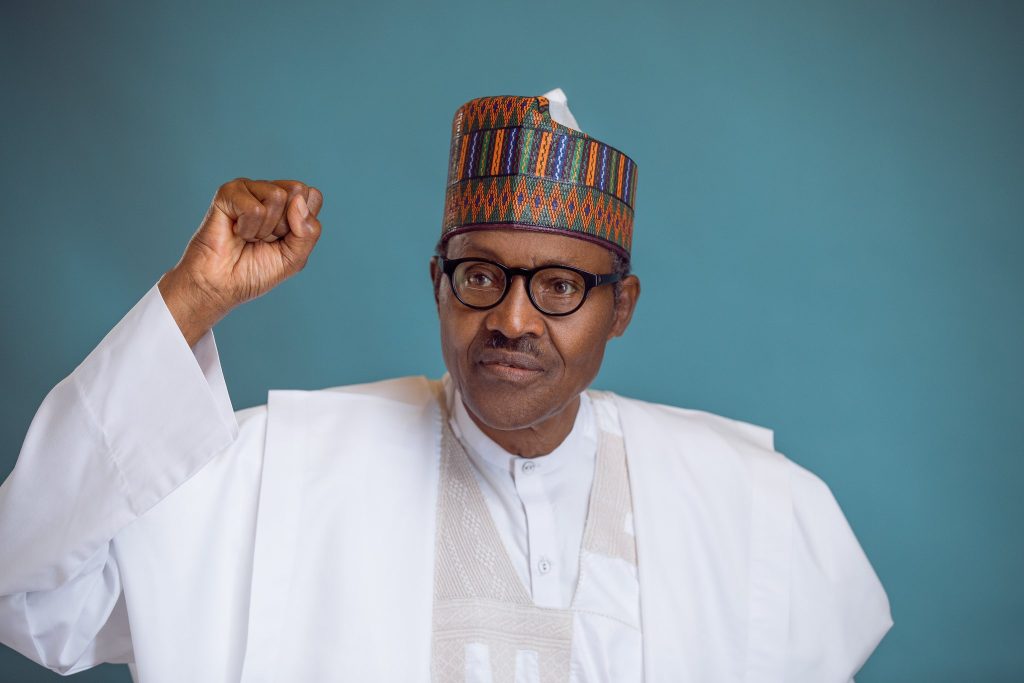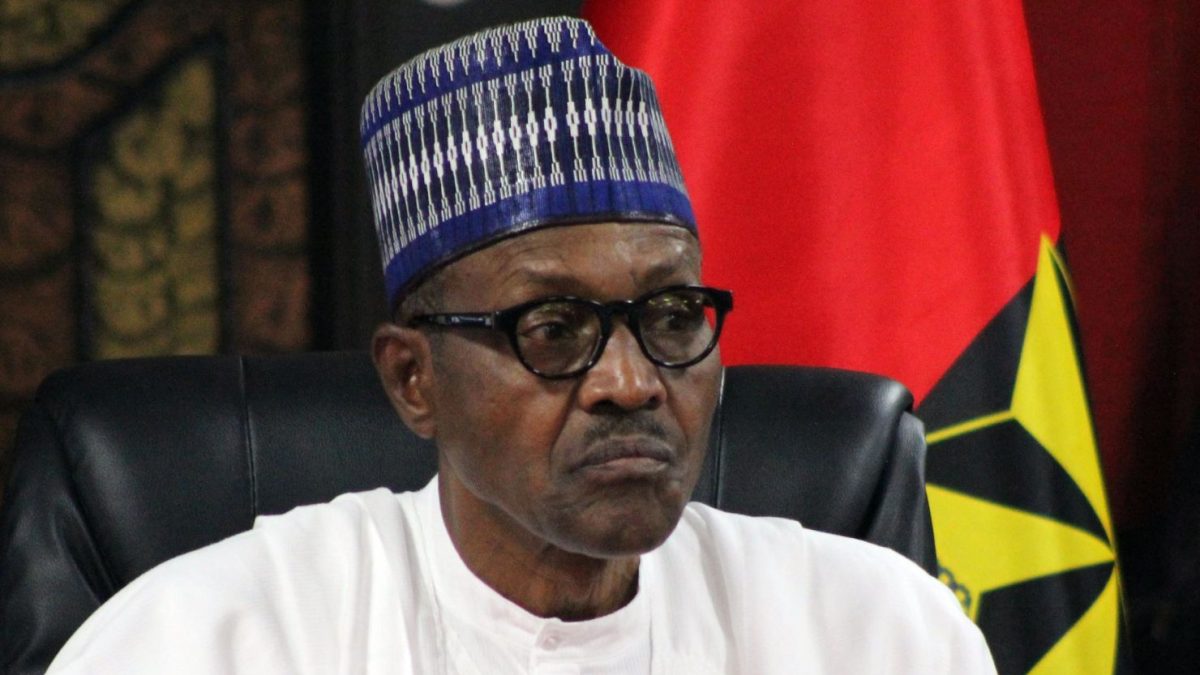When Muhammadu Buhari returned to power in 2015, many Nigerians hoped for a fresh start—an end to corruption, better infrastructure, and most importantly, a stable economy. After all, here was a former military ruler turned elected president, promising discipline, transparency, and national revival.
But eight years later, the question still lingers: Did Buhari’s presidency bring economic boom, bust, or something in between?
Riding on Oil… Until the Fall
Buhari took office just as global oil prices were crashing. For a country like Nigeria, where oil is the mainstay of government revenue and foreign exchange, this was a body blow. The result? By 2016, Nigeria had plunged into its first recession in over two decades.
With dwindling oil earnings and a ballooning population, things quickly became tough. Salaries were delayed, businesses folded, and many young people found themselves jobless or underemployed. Although the government often spoke of “diversifying” the economy, oil remained the backbone—making Nigeria vulnerable every time prices dipped.
Not one but two recessions were recorded during Buhari’s time in office—first in 2016, then again in 2020 during the COVID-19 pandemic. The first felt like a heavy blow. The second, although shorter, still hit hard, especially for ordinary Nigerians already struggling to make ends meet.
Sure, there were brief moments of economic recovery between these slumps, but growth was always too slow to catch up with the country’s rapid population growth. For many families, this meant one thing: being poorer than they were before Buhari came in.
One of the biggest headaches during Buhari’s presidency was Nigeria’s exchange rate crisis. The naira lost a significant chunk of its value under his watch—dropping from about ₦197 to over ₦700 per US dollar in the parallel market by 2023.
The Central Bank of Nigeria (CBN), led by Godwin Emefiele, came under constant fire. Critics accused the bank of operating a confusing system of multiple exchange rates, creating room for shady forex deals and benefiting only the well-connected.
The naira redesign policy introduced in late 2022 added to the chaos. Nigerians queued for hours—sometimes days—just to withdraw a few thousand naira. Businesses suffered, and public trust in both the presidency and the CBN took a major hit.
Buhari’s government often pointed to agriculture as its success story—especially rice production. Through the Anchor Borrowers’ Programme, the government gave loans to farmers and banned rice imports. In 2022, the administration even unveiled massive “rice pyramids” in Abuja as a symbol of agricultural progress.

But for most Nigerians, those pyramids didn’t mean much. Rice prices kept going up, and many doubted whether the country had really become self-sufficient. Farmers struggled with insecurity, and food inflation hit hard. The glossy images from Abuja simply didn’t match the hunger in many homes.
Perhaps the most painful legacy of the Buhari economy was inflation. Prices of food, transport, rent, and school fees soared throughout his tenure. At one point, food inflation topped 23%, leaving many families constantly adjusting their shopping lists—and often skipping meals.
By the time Buhari left office, many Nigerians were earning the same amount they did years ago—but spending twice as much just to survive. The cost-of-living crisis became a daily conversation in buses, markets, and neighbourhoods across the country.
So, Boom, Bust, or Balance?
The honest answer is: a bit of all three—but more bust than boom.
To Buhari’s credit, his administration made some progress in infrastructure: new rail lines, roads, and airport upgrades came through. His fight against corruption, though far from perfect, sent a message. But economic policies often felt rigid, out of touch, or reactive rather than proactive.
Instead of unleashing Nigeria’s potential, the Buhari economy often felt stuck—tied to oil, hampered by forex shortages, and weighed down by inflation. For millions of Nigerians, life became harder, not easier.
As the country moves on, one lesson from Buhari’s era stands out: Without bold reform, economic diversification, and policies that truly reflect the realities of everyday Nigerians, hope alone won’t feed the nation.


 Trending
Trending 